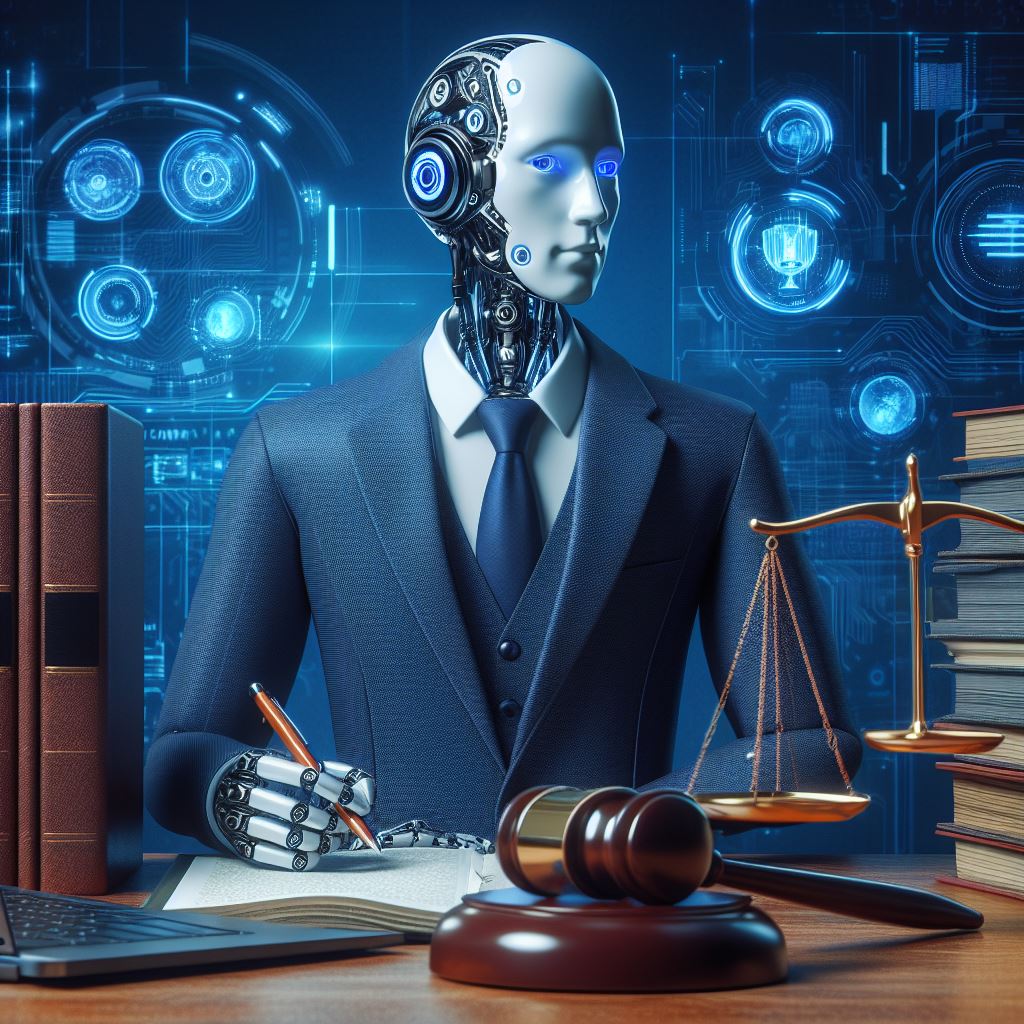Anthropic says its AI will not be used to spy on customers, even in government contracts. Here is what that means for AI governance, enterprise trust and defence partnerships.
How AI will reshape international arbitration practice

This week we delve into how AI or the use of AI maintains the ability to solve problems but also to shape international arbitration practice.
The use of AI has been accepted by the international arbitration community.
This is because AI has proven useful as an instrument. When used properly AI can increase the acceptance of international arbitration as the preferred forum for resolving commercial dispute resolution.
The use of AI in arbitration
The arbitration field has a history of following tradition in the sense that stenographers, shorthand techniques, and backup audio recordings for the manual transcription of proceedings have always been the go-to for documenting case files.
Voice-to-text technology changed the game and revolutionized transcription services resulting in improved accuracy, at a fraction of the cost.
AI and machine learning systems followed making document-intensive stages of the arbitration process more efficient.
Electronic discovery programs can analyze huge amounts of electronically stored information, identify relevant material, and automatically collate them for discovery in a matter of hours as opposed to days.
Multilingual document review and translation software can offer initial content interpretation without the need for human linguists.
The international arbitration community has welcomed the shift to new technology while appreciating the importance of appropriate checks and balances to protect the integrity of the arbitration process.
Translation software, for instance, may assist parties in identifying potentially relevant material despite it being in another language, but procedural rules generally afford the tribunal the discretion to direct the manner and form of translating documents for reliance purposes, according to Chandni Gopal partner, Prianka Soni, Senior Associate and Amaaarh Mayet Associate Webber Wentzel.
The international arbitration community has undoubtedly opened up a world of possibilities with both exciting prospects and challenging situations due to its controlled approach to AI-powered technologies.
With AI arbitrators and legal practitioners can streamline the case management process. AI can automate tedious tasks like analyzing vast amounts of documents.
Contracts, legal precedents, and evidence can be scanned in a fraction of the time it takes humans, allowing legal professionals to redirect their focus. Instead of sifting through mountains of paper, they can concentrate on building strong legal arguments and crafting persuasive submissions for their clients.
AI can also predict potential outcomes or suggest optimal dispute resolution strategies. By analyzing past arbitration awards, relevant legal decisions, and arbitrator track records, AI algorithms can empower parties involved, including third-party funders, to make informed settlement decisions and the likelihood of claim success.
Witness preparation can also be streamlined with the help of AI-powered tools. These tools can analyze case documents, transcripts, arbitrator awards, and legal precedents to identify key issues and themes.
This allows legal teams to create clear and persuasive submissions, develop tailored questioning strategies, highlight potential strengths and weaknesses in witness testimony, and ensure consistency in the narrative presented during hearings. Furthermore, AI can simulate cross-examination scenarios, helping witnesses anticipate tough questions and prepare effective responses.
Arbitrators themselves can benefit from AI’s supportive capabilities.
The valuable assistant
Machine learning AI can offer valuable assistance by creating preliminary timetables based on procedural rules, evidence rules, and party availability. AI can also assist with drafting routine sections of awards, such as factual backgrounds and historical context.
By automating repetitive tasks, AI frees up arbitrators’ time to focus on complex legal analysis and decision-making. Additionally, AI algorithms can play a vital role in quality control. By comparing language patterns, legal reasoning, and factual assertions in draft awards against established precedents and party submissions, AI can flag inconsistencies, factual errors, or potential biases.
This not only enhances the quality and reliability of awards but also safeguards the integrity and fairness of the entire arbitration process.
The concept of a fully automated AI arbitrator remains a topic of debate. Concerns about AI hallucinations and biased reasoning are well-founded. However, AI’s supportive capabilities offer intriguing possibilities.
In cases with standardized contracts, clearly defined decision-making frameworks, or settled legal principles, AI arbitrators could expedite proceedings, reduce costs, and deliver more predictable outcomes.
Even with the potential benefits, concerns about transparency, fairness, and adherence to the rule of law must be carefully addressed to ensure the legitimacy and acceptance of AI-driven international arbitration.
I’s role in arbitration goes beyond mere efficiency gains. It has the potential to fundamentally transform the nature of dispute resolution by augmenting arbitrators’ capabilities, enhancing decision quality, and reshaping the dynamics of legal proceedings.
It’s a given that AI tech used in international arbitration will need to remain compliant with the latest and differing regulations across various relevant jurisdictions.
The use of AI in international arbitration requires a change-positive approach characterized by agility, adaptability, and flexibility, as well as principled decision-making in which the rule of law, underlying purpose, and legitimacy of international arbitration are safeguarded.
Also read: A task to spot challenges which came with 5G

